Australia Day: Changing the date ‘not the issue for Aboriginal people’, says Megan Davis
Australia does not need to change the date of Australia Day and it is apparent most Indigenous people are not asking for that.
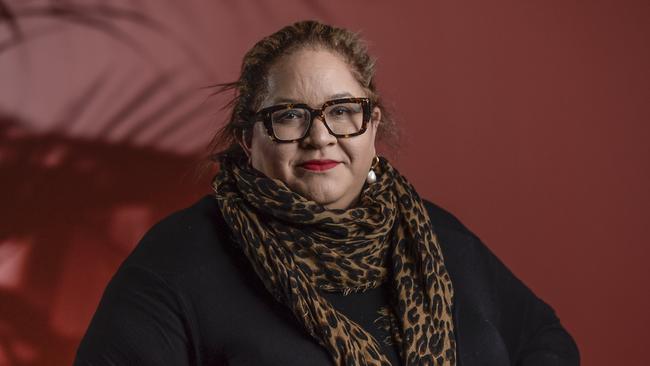
Australia does not need to change the date of Australia Day and it is apparent most Indigenous people are not asking for that.
This is the view of Megan Davis, the Cobble Cobble woman and authority on constitutional law who consulted Aboriginal and Torres Strait Islander people across Australia as part of the Uluru dialogues in 2017.
After an estimated 10,000 people took part in an Invasion Day march in the centre of Sydney on Wednesday, Professor Davis told The Australian the push to no longer observe Australia Day on January 26 and protests on that day were linked, but not the same things.
“It is very apparent that most Indigenous people are saying don’t change the date,” she said.
“And it’s an interesting dynamic because change the date very much has its genesis in Aboriginal protest of Australia Day. Yet changing the date won’t make a difference to the underlying issue and the unfinished business as Patrick Dodson called it.”
Professor Davis works with the official voice to parliament referendum campaign, the Uluru Dialogue, at the University of NSW. It is the campaign of First Nations community leaders to realise the landmark Uluru Statement from the Heart in which Aboriginal and Torres Strait Islander people called for a voice to parliament enshrined in the Constitution.
Professor Davis said the original grievance that First Nations people had was “the dispossession which did not cede Aboriginal sovereignty”.
“The way the First Nations men and women sought to confront this and find a way through is the Uluru Statement from the Heart,” she said.
“It was issued as an invitation to Australians to meet with us and walk together in a movement of all Australians for change.
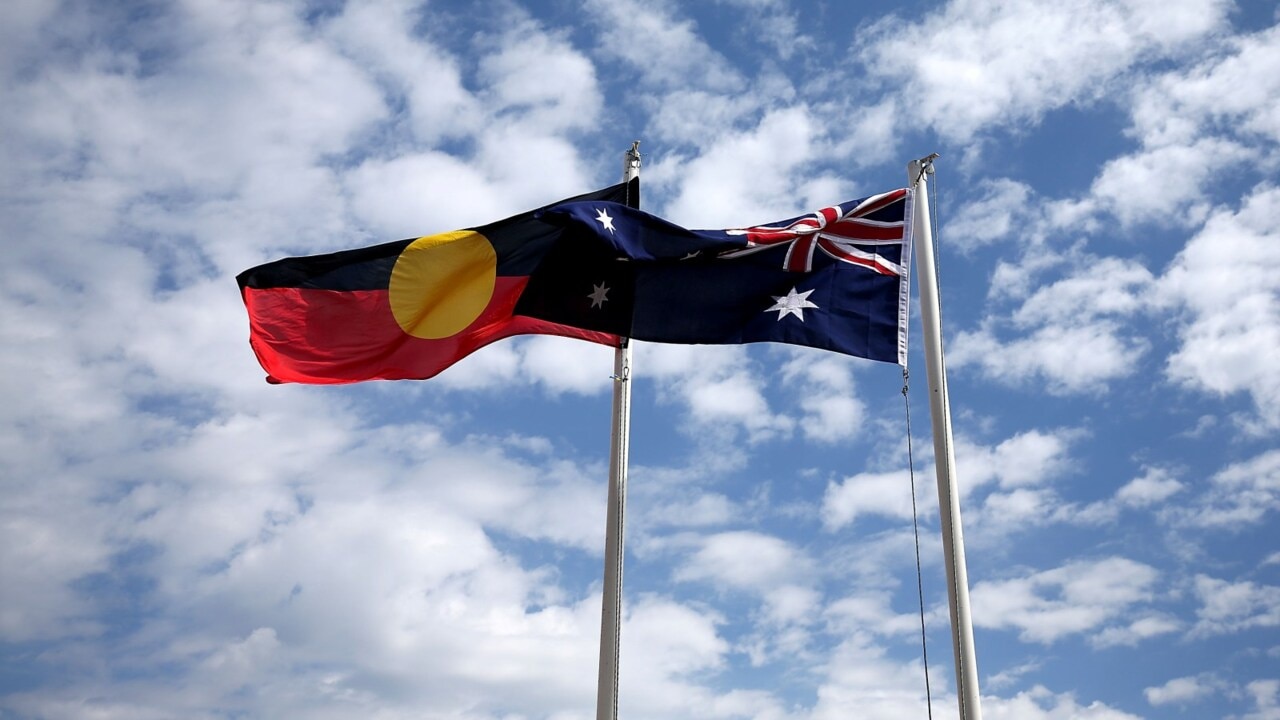
“This is no Pollyanna sentiment and nor is it symbolism. Structural empowerment via a constitutional amendment is the toughest change of them all.
“It is tougher than legislated state-based treaties because it’s asking the entire nation to have a say and agree. And this will anchor us as a nation.”
Professor Davis made her remarks after other leading Indigenous Australians said there were priorities greater than changing the date of Australia Day. Marcia Langton, the co-chair of the government’s panel that designed the Indigenous voice, said there were more pressing issues facing Aboriginal Australians in the near term.
“There are much more important issues – like Aboriginal communities making it through the pandemic without huge losses of life,” Professor Langton said.
Professor Davis said many Uluru dialogue leaders “have always argued that we don’t change the date”.
“Years ago after Uluru the opportunity was there to have a referendum on the 25th of January, the day before,” Professor Davis said. “There’s something to be said for that. Either way, the Uluru Statement is an opportunity for the nation. A gesture of peace and goodwill.
“It’s an extraordinary thing to have emerged from all that has come before. It’s really a sliding doors moment for Australia. We don’t need to change the date, but the Uluru Statement can change the nation.”


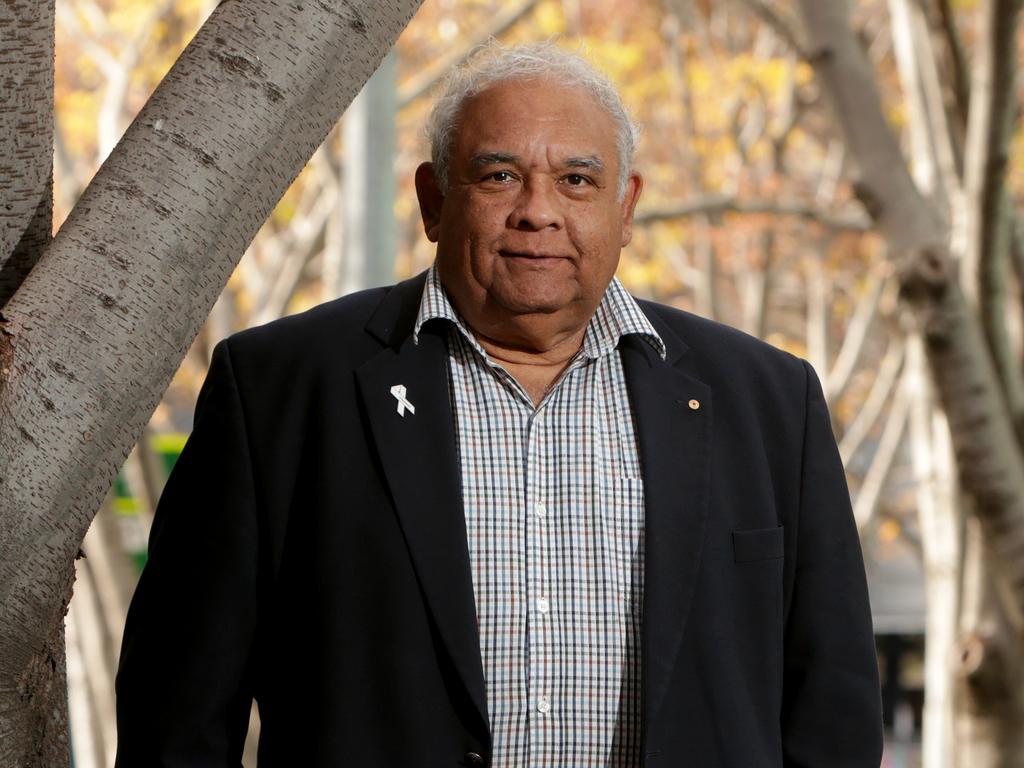
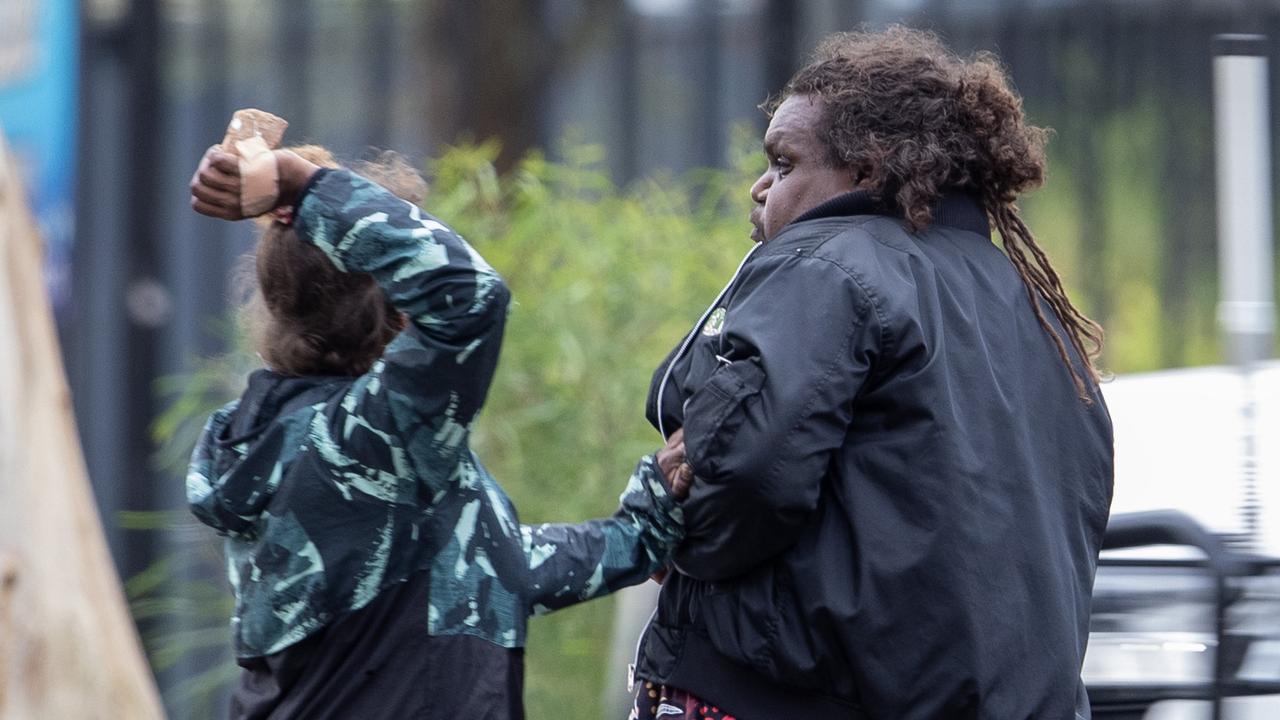
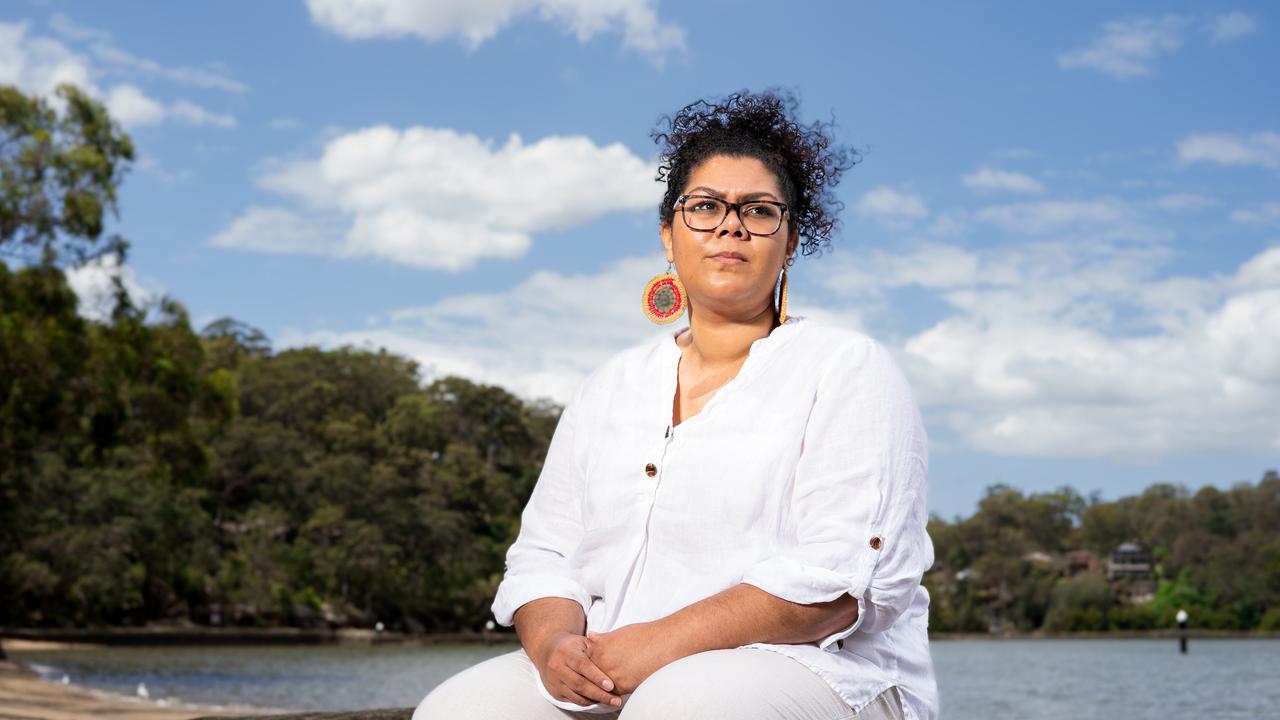
To join the conversation, please log in. Don't have an account? Register
Join the conversation, you are commenting as Logout